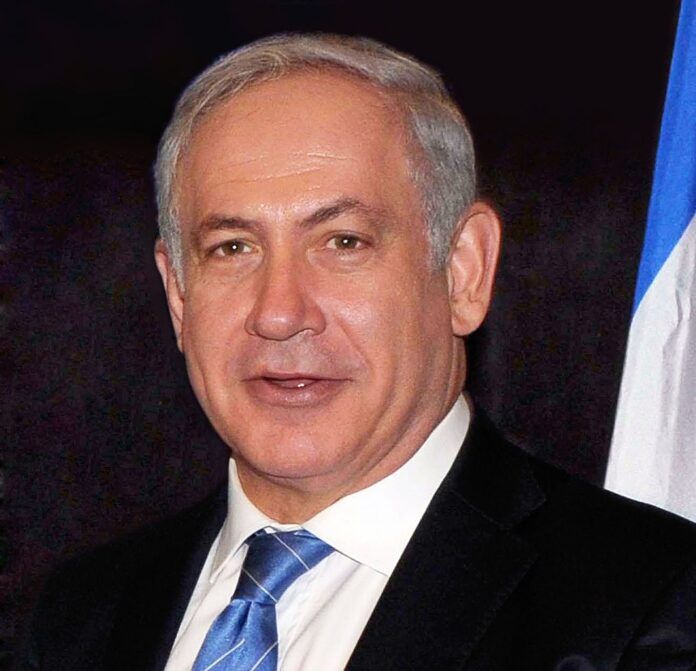Amid heightened tensions and recent regional violence, Israel readies its defences while the US leads efforts to broker a cease-fire in Gaza
On August 4, 2024, Israel heightened its state of alert in anticipation of possible retaliation from Iran and regional militias. This increased vigilance follows recent targeted assassinations of key Hezbollah and Hamas officials, which have intensified fears of a broader regional conflict. The situation escalated when rockets fired from southern Lebanon were intercepted by Israel’s Iron Dome air defence system over the Upper Galilee region.
In response to these threats, Israel has mobilized its defensive measures and called up reserves. The military is on high alert, and officials have been equipped with satellite phones and GPS devices to ensure secure communications in the event of a major escalation. The Israeli government has also implemented additional security protocols to protect key infrastructure and civilian areas.
Embed from Getty ImagesMeanwhile, the United States has stepped up its involvement by sending defensive reinforcements to the region. The US is working to form a coalition with regional allies to bolster defences against potential missile attacks. This move aims to deter further aggression and provide support to Israel in the face of mounting threats.
Prime Minister Benjamin Netanyahu has addressed the nation, underscoring the gravity of the situation and the need for preparedness. Netanyahu’s statements reflect the urgent nature of the threat and the broader geopolitical context, as tensions with Iran and its proxies reach new heights.
In parallel with these defensive measures, the US is actively pursuing diplomatic efforts to secure a cease-fire agreement in Gaza. The ongoing conflict between Israel and Hamas has led to significant casualties and widespread destruction, prompting international calls for an immediate halt to hostilities. The US-led coalition is working with various stakeholders to negotiate a cease-fire that would address the immediate humanitarian needs and stabilize the situation.
Analysis:
Political: The potential for an Iranian retaliation adds a complex layer to the already volatile political landscape in the Middle East. Israel’s defensive posture and the US’s diplomatic efforts reflect the high stakes involved in managing regional tensions. The situation underscores the intricate interplay between military actions and diplomatic negotiations, as both sides seek to navigate a path toward de-escalation.
Social: The heightened state of alert and the potential for regional conflict have significant social implications. The Israeli public is grappling with the uncertainty of potential attacks, and the broader impact on regional populations is a matter of concern. The focus on securing a cease-fire in Gaza highlights the humanitarian aspect of the conflict and the urgent need to address civilian suffering.
Racial: The conflict and its potential escalation have racial and ethnic dimensions, particularly in terms of how different communities are affected and perceive the situation. The targeting of officials from Hezbollah and Hamas may exacerbate existing tensions and influence how various groups within the region respond to the unfolding events.
Gender: Women and children are often disproportionately affected by conflict, facing heightened vulnerabilities and challenges. The potential escalation of violence could exacerbate these issues, making it crucial to consider gender-specific impacts in both defensive measures and humanitarian efforts. The push for a cease-fire in Gaza aims to alleviate some of these concerns by addressing immediate humanitarian needs.
Economic: The potential for a broader regional conflict carries significant economic risks, including disruptions to trade, damage to infrastructure, and increased military expenditures. The US-led coalition’s defensive measures and the diplomatic push for a cease-fire are aimed at mitigating these economic impacts. Stabilizing the situation could help prevent further economic strain on Israel and neighboring countries.
